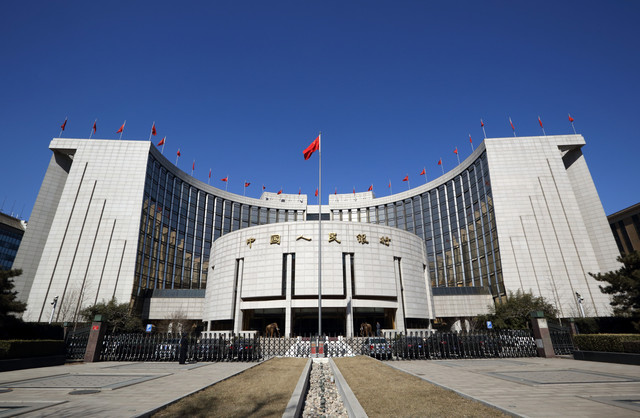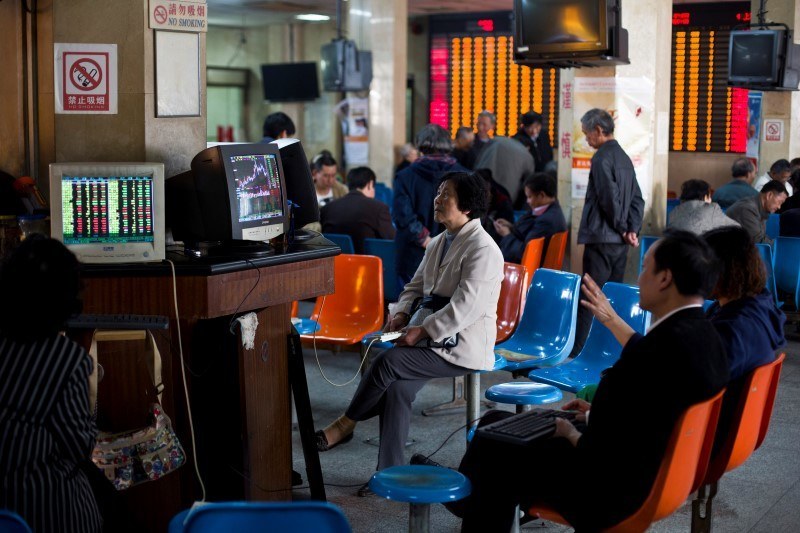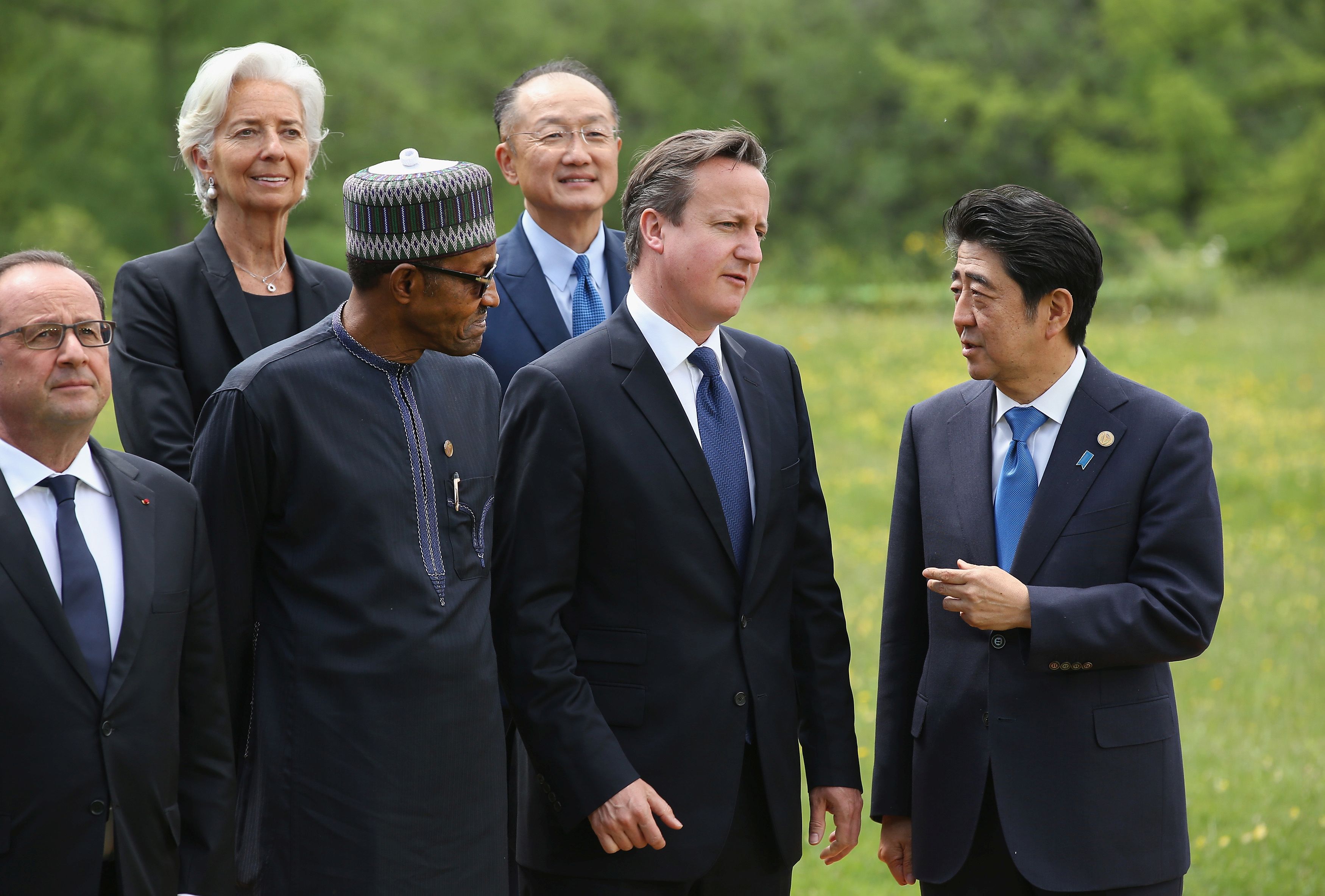Markets have woken up to further signs of economic weakness being displayed in China, with the overnight trade figures once again highlighting that the China economy is facing severe downside pressures. There was another noticeable decline in the trade figures, with both the weakening import and export numbers causing concerns for different reasons.
For example, the decline in exports indicates that external pressures are reducing demand for Chinese products, while the abysmal drop in imports shows that China is purchasing less products from abroad. This will further weaken the sentiment towards the economies reliant on China trade, and it is important to point out that this was occurring even before the Yuan devaluation. This in itself is a huge concern for the global economy, because it is only natural to expect imports to continue declining even further with the currency devaluation making it more expensive for China to import from abroad.
What does this all really mean? The data has provided further confirmation that economic momentum in China is slowing down, while once again highlighting how exposed and increasingly vulnerable the economy is to dropping below the Chinese government’s 7% GDP target. The likelihood was already high that China’s GDP would miss the Beijing 7% GDP target before the end of the year but this overnight data, plus the recent PMI contractions, means that I am expecting the GDP target to be missed at the end of the current quarter. The chances of GDP growth falling below the government’s target are actually intensifying each time an economic announcement is released from China, mainly because all data is consistently pointing towards declining economic momentum in this major economy.
What else does this mean? The global markets shouldn’t be too surprised if they wake up soon to another surprise from the PBoC. The central bank are under intense pressure to continue reinvigorating economic momentum and the continually declining data is heightening the possibility of further interest rate cuts, loans available for banks and possibly more Yuan devaluation. As mentioned on a repeated basis market participants should make no mistake at all, the government GDP target at 7% is absolutely critical and the PBoC will do whatever it takes to limit the probability and increasing threat of this occurring.
Advertisement
What is the threat to the global economy with China slowing down? Exports and basically trade relations with China are going to continue following the declining trend. This is going to be devastating news for those economies that are reliant on China trade and to be honest, there is very little that these economies can do to mitigate this risk and it has now become inevitable that these economies are going to face downside pressures. As strange as this might sound, China can actually handle slower economic growth because the economy is in a transitional stage where it is trying to diversify away from any particular sector and build a domestic reliance. The problem with this is that those economies that are so dependent with China trade will have to handle the fall-out from this, which ultimately will mean less trade from China.
Despite the woes continuing for the China economy, the majority of the global markets with this including the Shanghai Composite are making gains today. This could be linked to expectations that the PBoC will unleash further monetary stimulus in another attempt to reinvigorate economic momentum. Overall though, market participants should continue to monitor the developments in the country because a weaker China will correlate into further economic downgrades for the global economy. I do think it will be the emerging markets, or at least those who are reliant of commodity exports, that will be hit the most by China woes, mainly because they are not only going to have to get used to depressed commodity prices but also declining demand for trade from China.
Follow Jameel on Twitter @Jameel_FXTM
Advertisement
For more information please visit: ForexTime
Jameel Ahmad is the chief market analyst at FXTM







